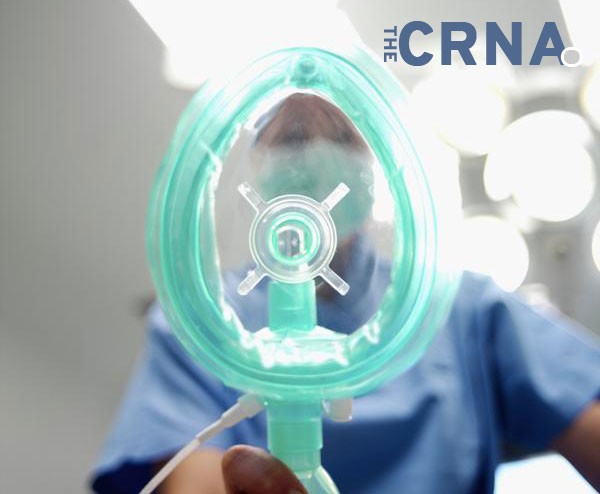Creating A LLC (Limited Liability Company) For Your CRNA Practice

Creating a Limited Liability Company (LLC) for your CRNA (Certified Registered Nurse Anesthetist) practice involves several steps. Keep in mind that the process might vary slightly depending on your state. Here’s a general guide to help you get started:
Step 1: Research and Planning
Understand the Benefits of an LLC: Research the advantages of forming an LLC, such as personal asset protection, flexibility in management, and potential tax benefits.
Check State Regulations: Confirm the specific requirements for forming an LLC in your state. Some states have unique rules and fees.
Step 2: Choose a Business Name
Check Name Availability: Ensure that the name you choose is available and complies with your state’s naming rules. Most states have online databases where you can check name availability.
Include “LLC” in the Name: Your business name must include “LLC” or another designation required by your state.
Step 3: File Articles of Organization
Prepare Articles of Organization: This document includes essential information about your LLC, such as its name, address, members, and purpose. You can often find a template on your state’s business registration website.
File with the State: Submit the Articles of Organization to the appropriate state agency along with the required filing fee. This is typically the Secretary of State’s office. Online filing is often available and is usually the quickest option.
Step 4: Create an Operating Agreement
Draft an Operating Agreement: While not always required, having an operating agreement is highly recommended. This internal document outlines how your LLC will be run, including member roles, voting rights, and profit distribution.
Step 5: Obtain an EIN
Apply for an EIN: An Employer Identification Number (EIN) is necessary for tax purposes. You can apply for one for free on the IRS website.
Step 6: Open a Business Bank Account
Choose a Bank: Select a bank for your business accounts. Bring your filed Articles of Organization, EIN, and any other required documentation.
Separate Personal and Business Finances:
It’s crucial to keep your personal and business finances separate to maintain the liability protection provided by the LLC structure.
Step 7: Fulfill State Requirements
Meet Ongoing Obligations: Be aware of any ongoing requirements in your state, such as annual reports or fees. Stay compliant to maintain your LLC’s good standing.
Step 8: Obtain Necessary Licenses and Permits
Check Licensing Requirements: Confirm if your CRNA practice requires any specific licenses or permits at the state and local levels.
Step 9: Consider Professional Advice
Consult with Professionals: Given the complexity of legal and tax matters, it’s advisable to consult with an attorney and/or an accountant to ensure you’re making informed decisions for your CRNA LLC. Remember that this is a general guide, and the specific steps and requirements may vary based on your location. Always check with your state’s business registration office or consult with a professional for advice tailored to your situation.




